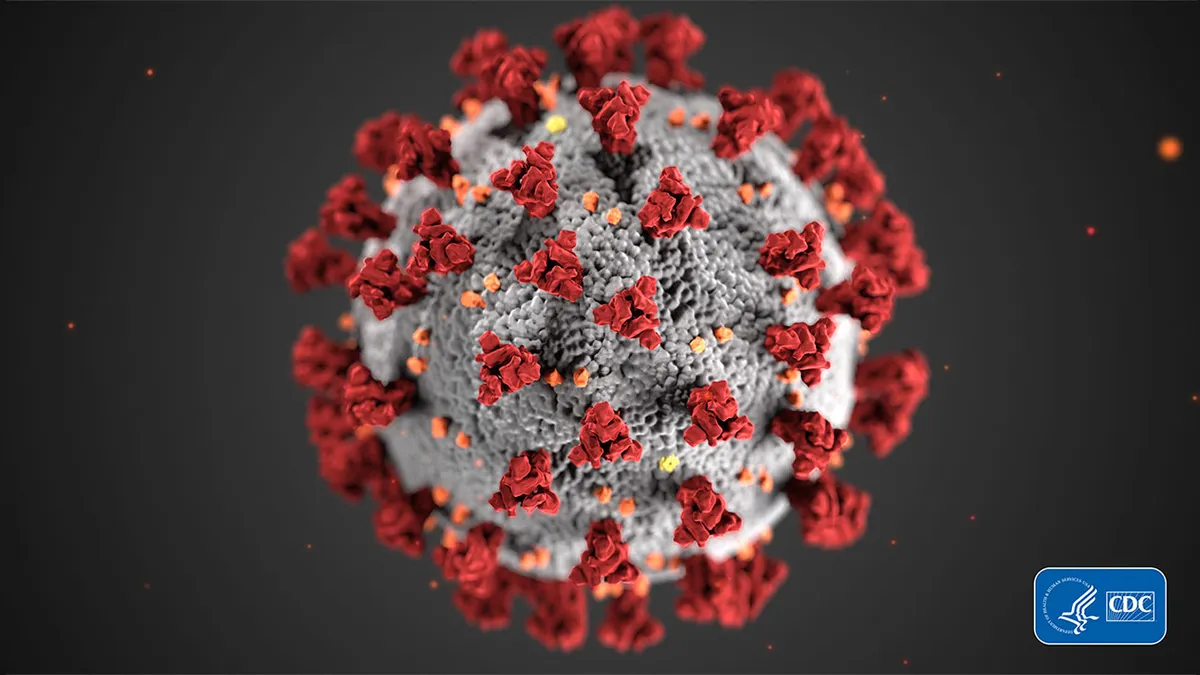Wednesday marked a turning point in coronavirus outbreak with the World Health Organization officially calling it a pandemic and the U.S. president addressing the nation in prime time.
Still, some providers worry it's not enough.
Hours after hospital executivess met with President Donald Trump, he did not declare a disaster or national emergency.
The American Hospital Association and the Association of American Medical Colleges issued such requests, with AAMC saying it would "give agencies and stakeholders targeted additional flexibility to address immediate challenges and prevent further issues."
HHS Secretary Alex Azar declared a public health emergency Feb. 4, but that does not go as far as a national emergency. AHA said it wanted the designation in particular to allow for 1135 waivers.
Those waivers could allow critical access hospitals to forego their usual limitations of 25 inpatient beds and 96-hour lengths of stay, for example, and let doctors practice in a state where they aren't licensed so long as they have the necessary licensing in another state.
These waivers have previously been used during natural disasters like Hurricanes Ike, Gustav and Katrina as well as the H1N1 pandemic in 2009, AHA said.
"While our members continue to do everything they can to address COVID-19 cases, the additional action we request would help them continue to put the well-being, health and safety of patients first by removing barriers that threaten to impede decisive and quick action by providers at a time when agility and flexibility are of utmost importance," AHA CEO Rick Pollack wrote in a letter to Vice President Mike Pence, who is leading the U.S. response task force.
White House officials have met with executives of major payers and hospital chains this week as the number of cases worldwide continues to increase. Anthony Fauci, director of the National Institute of Allergy and Infectious Diseases, gave dire warnings in Congressional testimony Wednesday afternoon as the number of cases reported in the U.S. surpassed 1,200. "If we are complacent and don't really do aggressive containment and mitigation, the number could go way up and be involved in many, many millions," he said.
Trump referenced major health insurance companies in his prime time speech, and said erroneously they had all agreed to cover treatment costs of COVID-19. Commercial payers have said they will cover testing costs and have waived some telehealth fees, but have not committed to cover all treatment.
But the administration did take steps Wednesday in an attempt to ease access to treatment.
An IRS notice stated high-deductible health plans would be allowed to waive cost-sharing for testing and treatment of COVID-19 due to the "need to eliminate potential administrative and financial barriers."
Employers using those plans aren't required to waive those costs, however.
The ERISA Industry Committee, which represents large employers, supported the change and argued it should be permanent policy. "Employers can now get in front of this issue. We don’t need red tape and mandates to motivate us — protecting our workforce from COVID-19 is an incredibly compelling interest that outweighs other costs," ERIC Senior Vice President for Health Policy James Gelfand said in a statement.
Also Wednesday, the White House issued an executive order directing HHS to facilitate emergency use of general use respirators for healthcare personnel. Group purchasing organization Premier applauded the move, saying in a statement it will help boost domestic manufacturing of the respirators, which include N95 masks.
Meanwhile, Democratic lawmakers in the House drafted a bill in response to the virus that aims to alleviate a myriad of issues facing Americans under a prolonged outbreak, including a sick leave policy. The bill, Families First Coronavirus Response Act, temporarily increases the Medicaid reimbursement rate by 8 percentage points. It also mandates that insurers waive all cost sharing for those tested for the virus, while the federal government would pay for COVID-19 testing for the uninsured.
The prospects of that in the Republican-controlled Senate are unclear. Trump has been pushing payroll tax deductions.
















